Serial killers are a phenomenon that can be traced back in history. In the 1900’s there were 38 recorded serial killers across the world. A number which reached a staggering 709 in the 1980’s. In the decades since the number of serial killers recorded has decreased dramatically with 59 noted in the last few years. Accurate recording of active serial killers is no easy task.
Criminologist Professor David Wilson concluded from his research into the behaviors of British serial killers that there are “are at least two unidentified active serial killers in the country at any one time”. In the United States, it is thought there are between twenty-five and fifty serial killers active at any given time.
While serial killers are still rare, no country, city or community are immune from their danger. The top five most prolific serial killers in the world operated in Colombia (Luis Garavito – 138 proven victims), Peru (Pedro Lopez – 110 proven victims), Ecuador (Daniel Camargo – 72 proven victims), Brazil (Pedro Rodrigues Filho -71 proven victims) and India (Kampatimar Shankariya – 70 proven victims).
In an excellent infographic from Best Counseling Degrees, we can see a summary of the research and knowledge to date about the brains of serial killers:
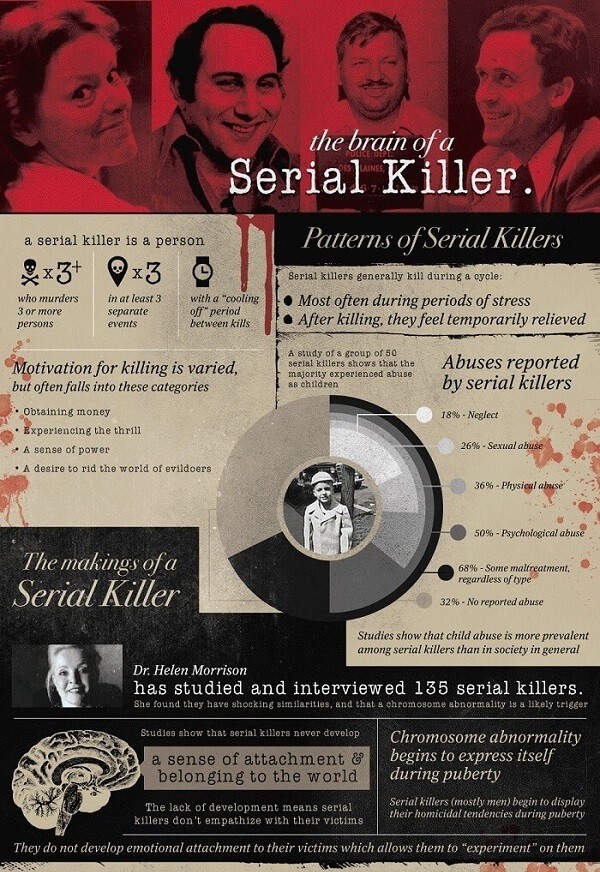
Serial killers are individuals who murder two or more (recently downgraded from three or more) people over a period of time and crucially in separate incidents, with what’s termed a ‘cooling off’ period in between. They are people who are fully aware of their actions, have time to think, plan and organize before their next attack and are rarely suffering from mental illness or a psychosis which could go some way to explaining their actions.
Serial killers generally kill in different locations and can often kill across a large geographical area making it harder for investigators to connect their crimes as the work of just one individual. Andrei Chikatilo in Russia for example, killed 53 people between 1978 and 1990 before he was caught. Gary Ridgeway in the United States killed 49 people between 1982 and 2000 although he is suspected of killing many more. Ted Bundy, John Wayne Gacy, and Jeffrey Dahmer are all well-known serial killers who operated in the USA. In the UK, Harold Shipman, Dennis Nilsen, and John George Haigh are all names associated with the serial killer label.
Current research into the motivations of serial killers has highlighted key categories they generally fall into; killing to obtain money, thrill killing, power killing and killing to rid the world of people they deem to be evil or deserving. An examination of their backgrounds and correlations between suffering abuse as a child and serial murder later in life has revealed that 68% of those studied have suffered some type of child abuse or maltreatment.
What is clear is that serial murderer will continue to operate, and on their tail will be psychologists and scientists trying to discover just what it is that turns one person into a serial killer and another not.
- Henderson, B., and Dodge, S. (2014) The World’s 14 Most Prolific Serial Killers. The Telegraph
- Radford University, Serial Killer Information Center
Guy, F. (2016, Aug 9). Inside The Brain of a Serial Killer [Infographic]. Crime Traveller. Retrieved from https://www.crimetraveller.org/2016/08/serial-killer-brain-infographic/











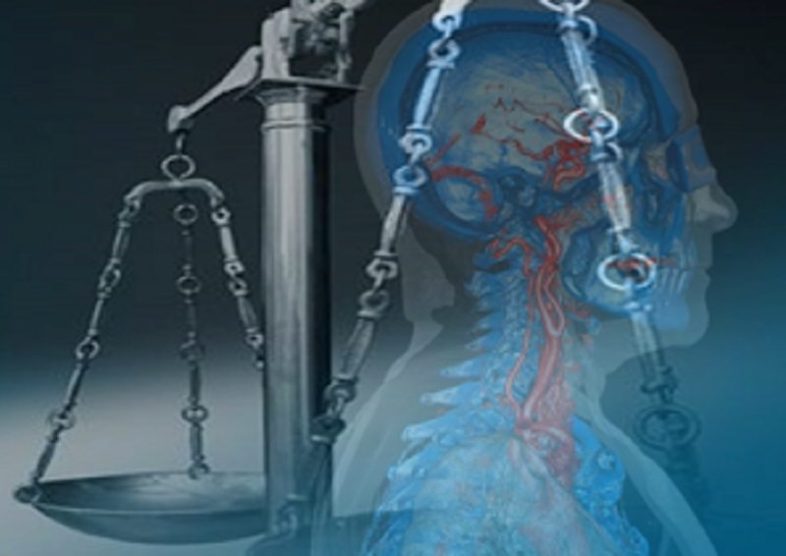

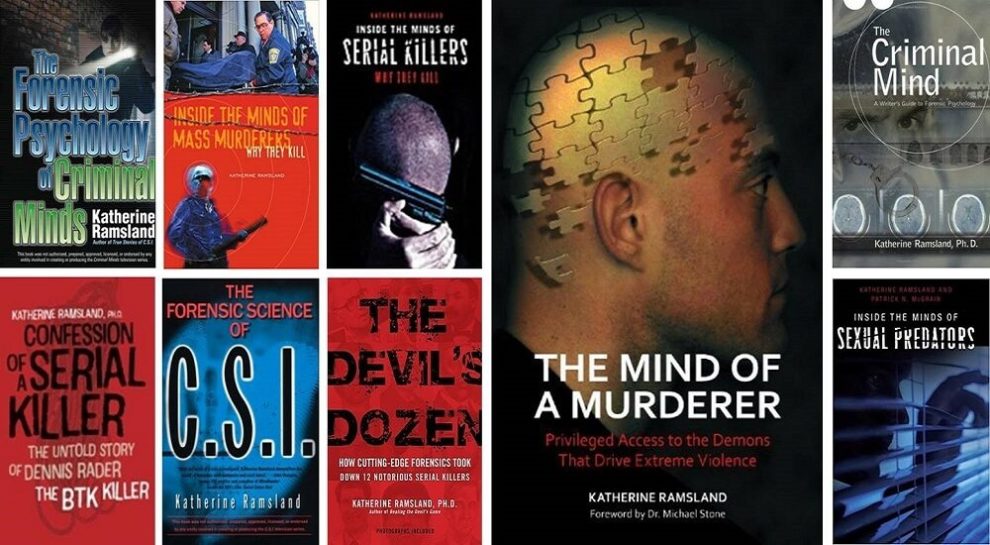

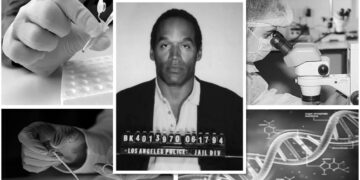




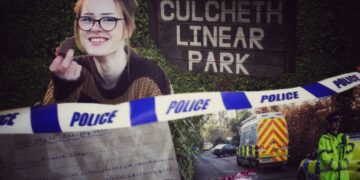







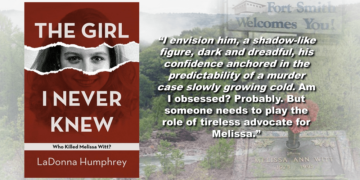










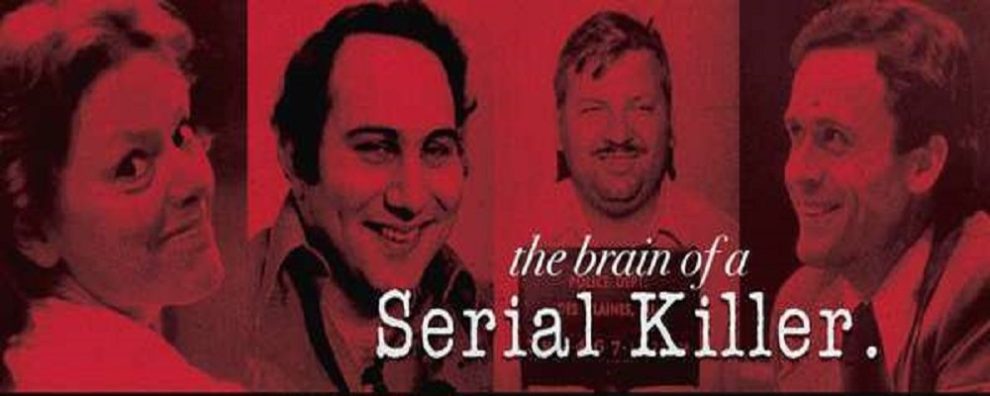






I have studied Serial Killers for more than 45 years now and come to different conclusions than the FBI and the so called pros. Everybody should be taught be taught self defense in school. The very first part of that education is, Learning to be aware of your surroundings. the first part of that is always, Identifying possible threats. The reason that is first is because if you can learn to identify threats you can catch them early and get away. If you can get away you will never have to move into physical self defense. You take just that. You will be able to identify people who are more aware of others around them. Who locks their eyes on certain people or children. Who pays attention to certain groups and certain person in that group. If people will learn that much they can become a great deal safer as well as their families and friends. People looking for victims always stand out more than normal people. That crap that you cannot tell a serial killer from anyone else is bull. If you are versed you can notice the difference.
Hi Arno, thanks for your comments. I do agree that an understanding of human behaviour and risks is very important and the more people are aware the more they can protect themselves. Unfortunately with so many individuals around with sinister intentions, including serial killers, they do not necessarily stand out or exhibit recognizable behaviors which could alert others. There have been many serial killers who have lived with their families, engaged within their communities, held down good jobs and entirely normal social lives for many many years while carrying out some horrific acts of murder under the radar, John Wayne Gacy, Lonnie Franklin, Dennis Rader for example. Even once caught and their crimes are brought to light, for some, an assessment of their pasts, their interactions and communications has not revealed any signs that could have been picked up on earlier to highlight their secret criminal lives. Human behaviour is a complex matter and while some may not be able to hide their true intentions, many others can do so and very successfully.
I wish these articles were printable! I’ve read so many on here and used them for research project and I like to highlight my information. But I love this website!
Hi Alli, thanks for your comments! All articles on Crime Traveller are now printable, using a great free service called Print Friendly. Look out for the ‘Print, PDF, Email’ link now available at the top of each article.